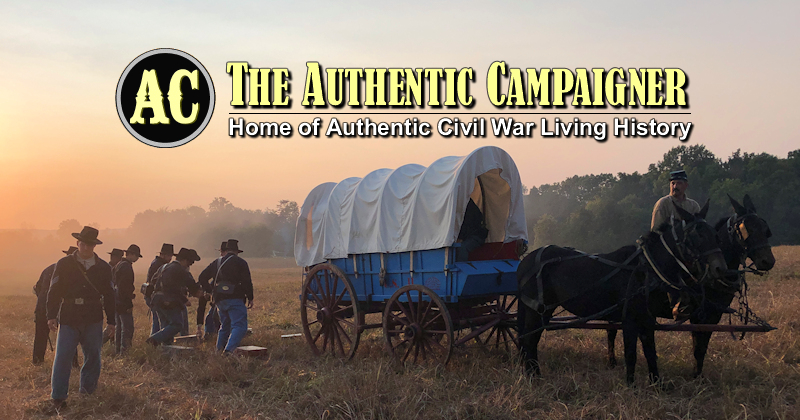As part of a Living History at Harpers Ferry this weekend we will be administring parole to a group of surrendering Federals.
I am trying to find whether there is any particular language required for the parole oath. I have searched the manuals and customs of service, but have yet to find anything specific. The fact that parole is to be given is quite clear, but I cannot find any particular language for the oath itself.
If anyone out there can give me any leads regarding this, I would certainly appreciate it.
Thanks,
I am trying to find whether there is any particular language required for the parole oath. I have searched the manuals and customs of service, but have yet to find anything specific. The fact that parole is to be given is quite clear, but I cannot find any particular language for the oath itself.
If anyone out there can give me any leads regarding this, I would certainly appreciate it.
Thanks,



Comment